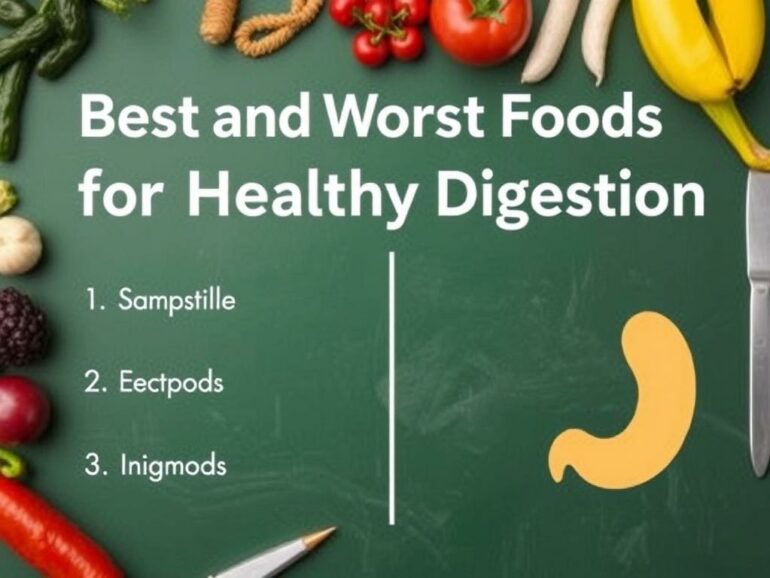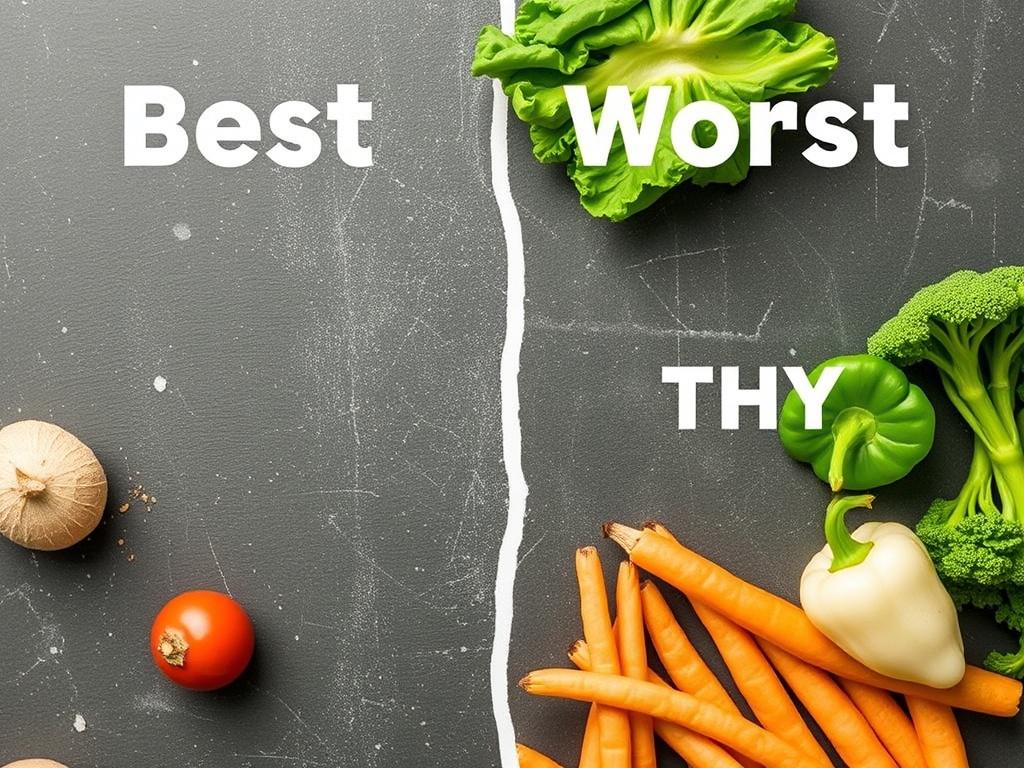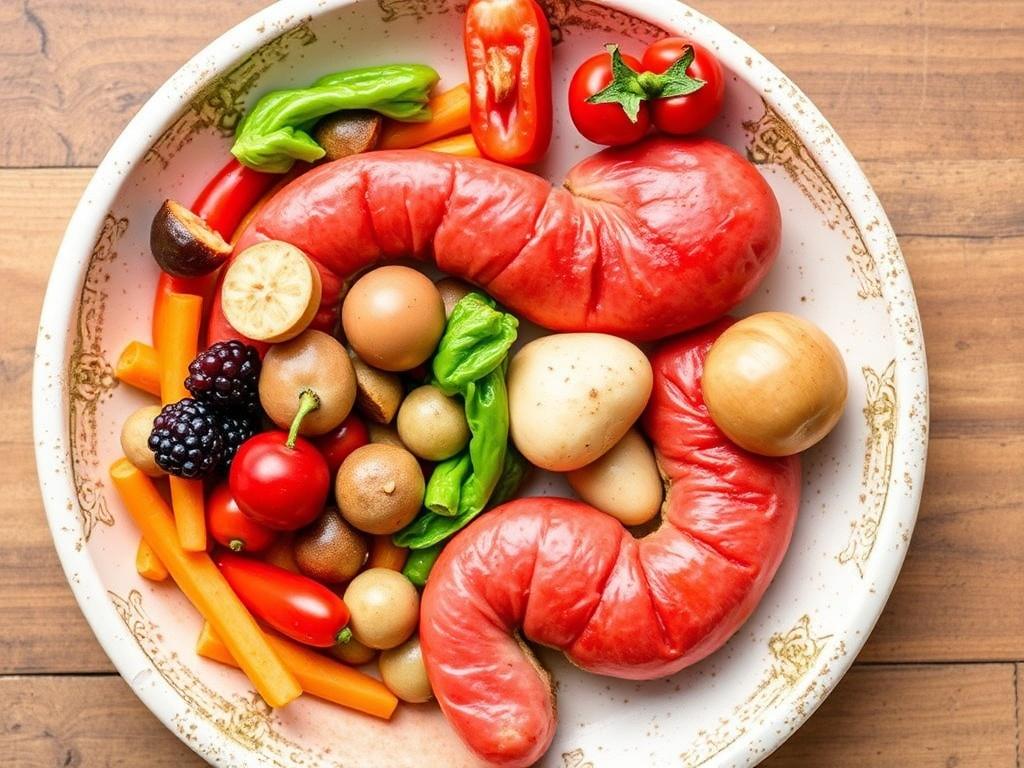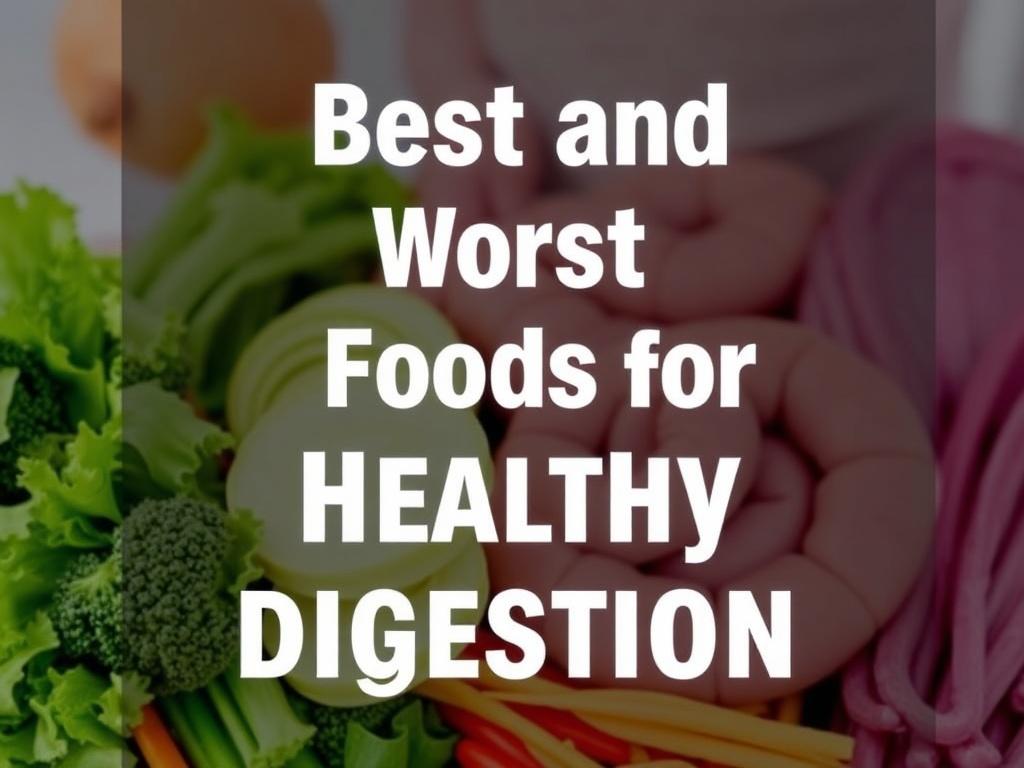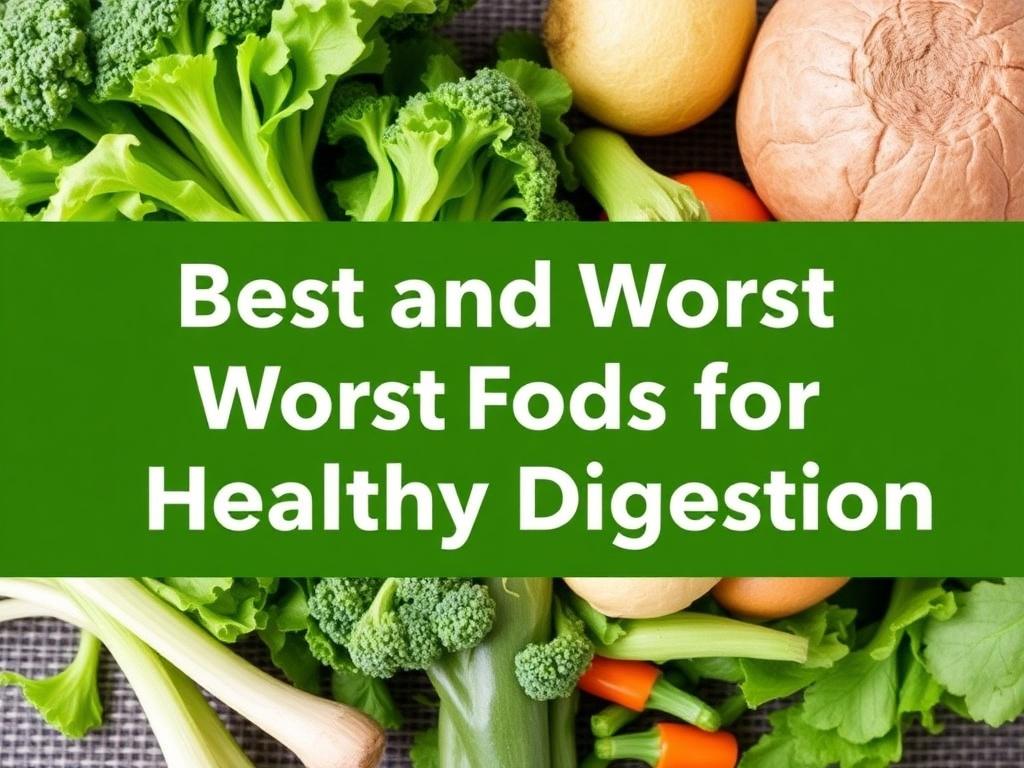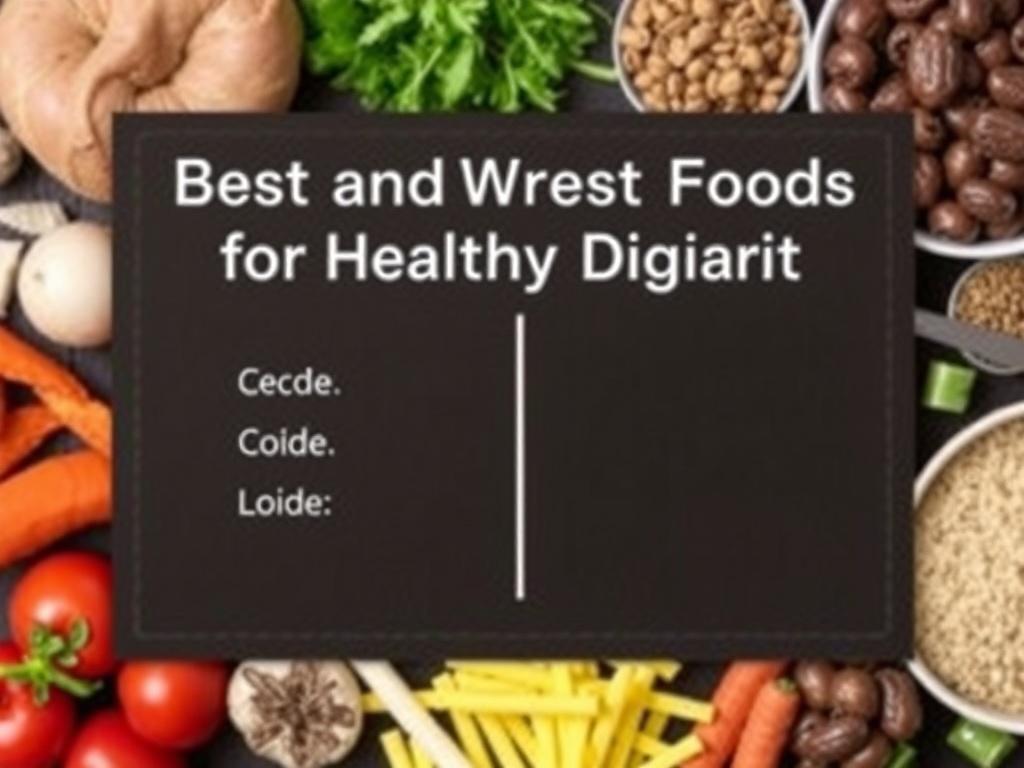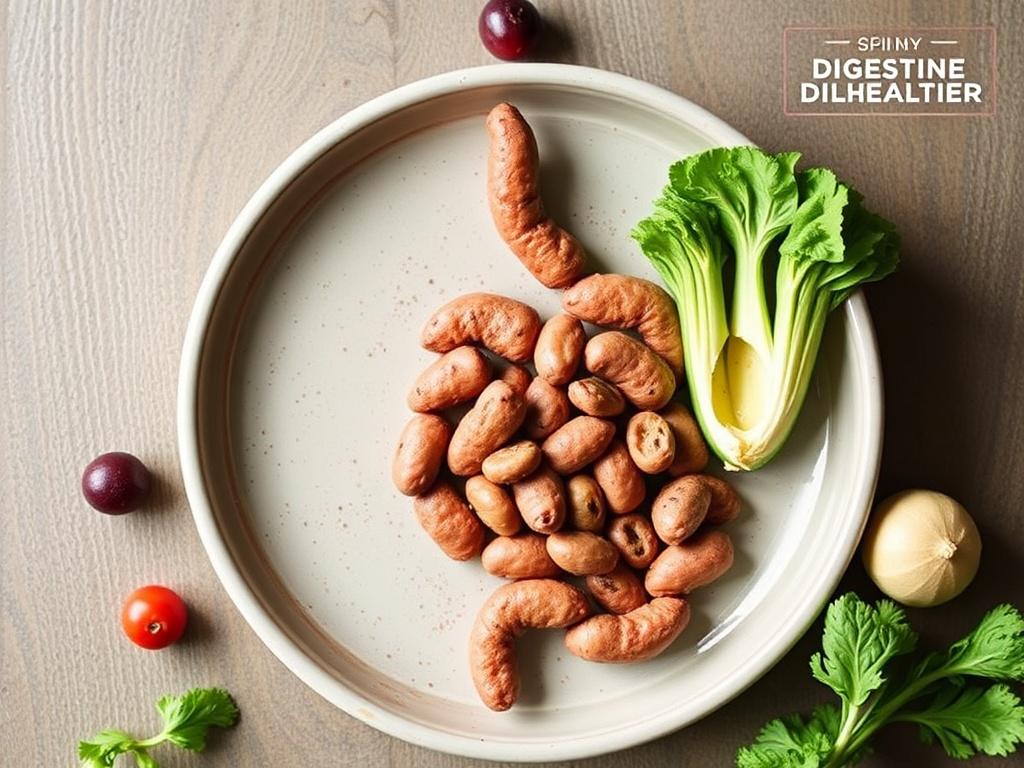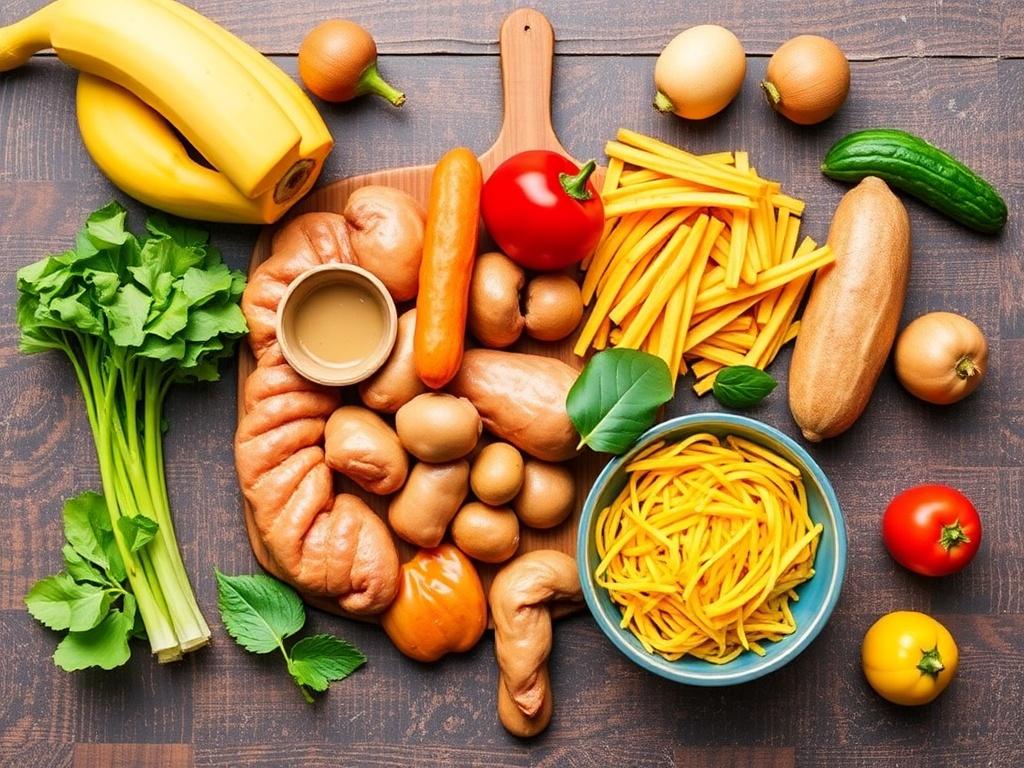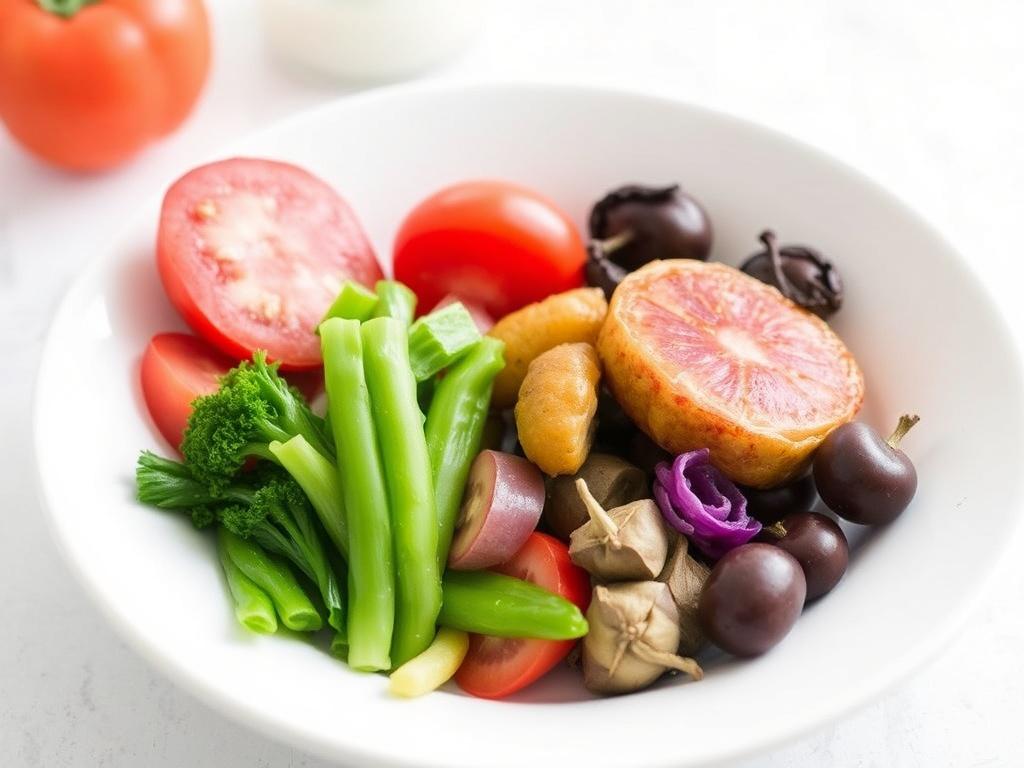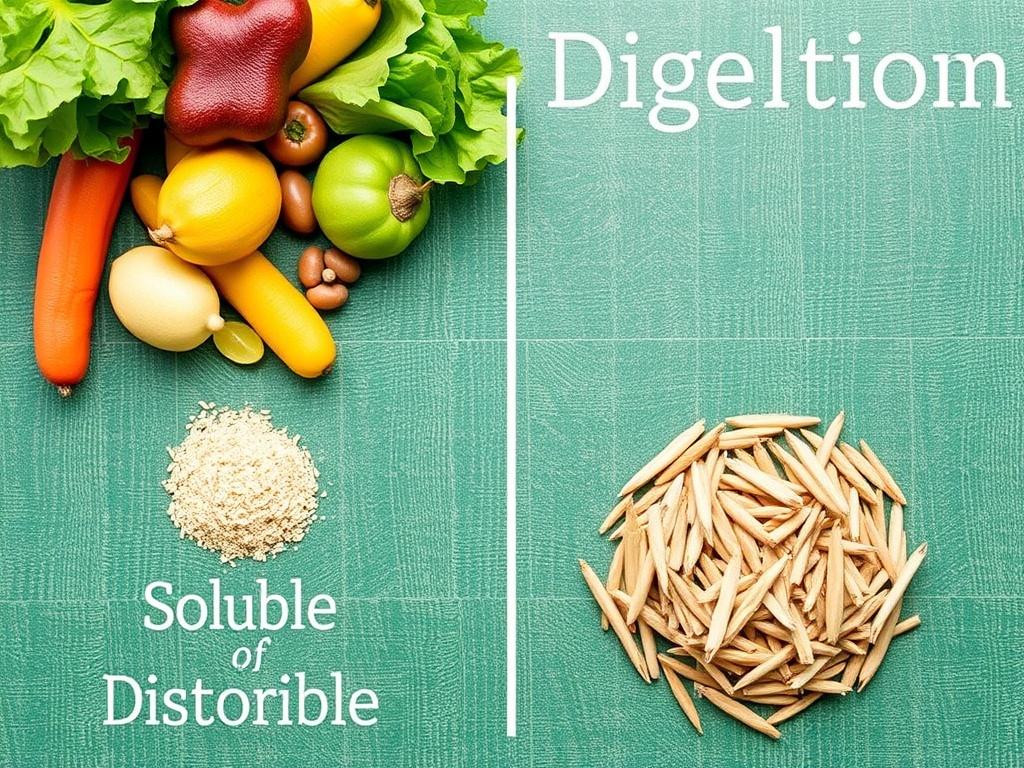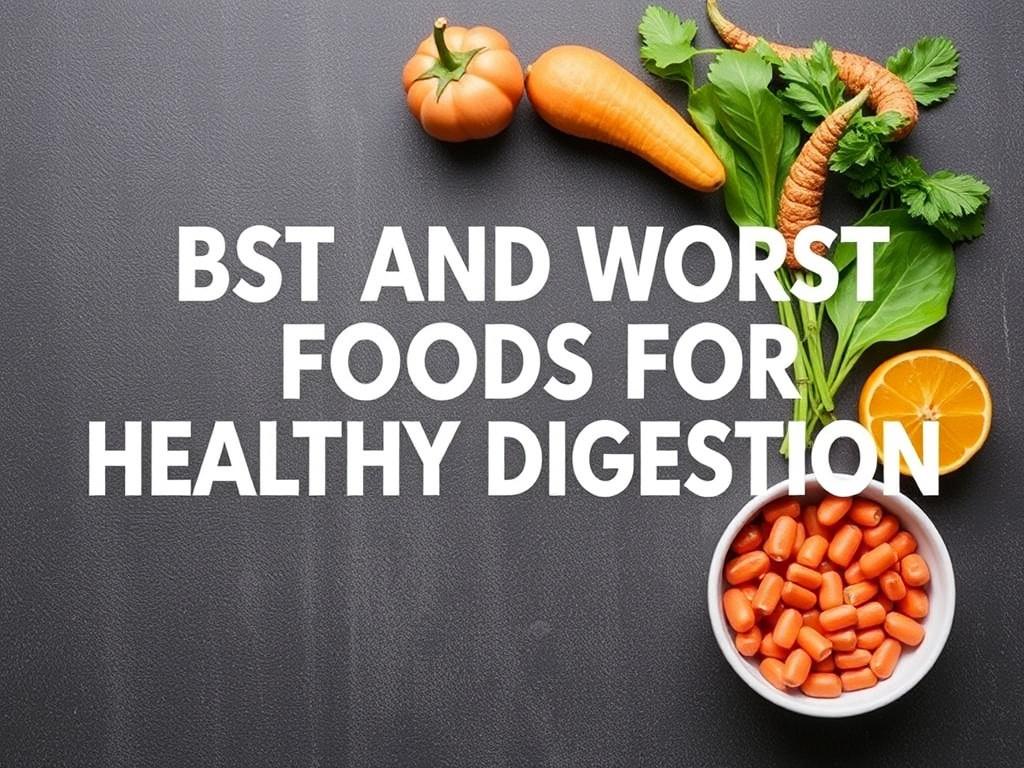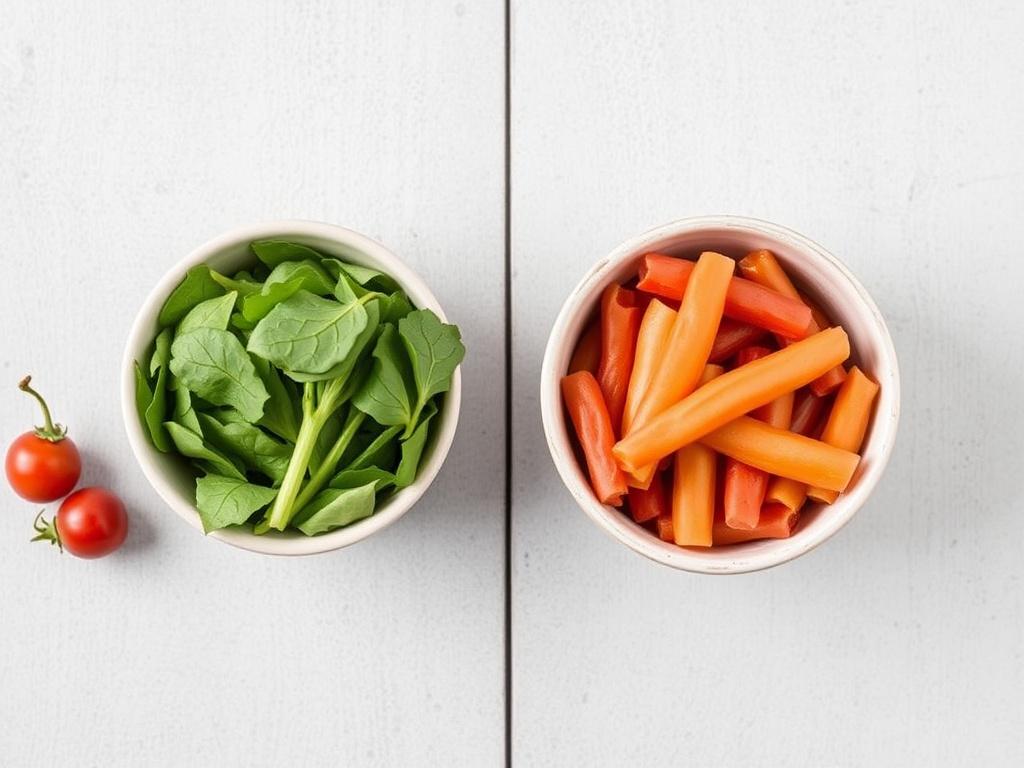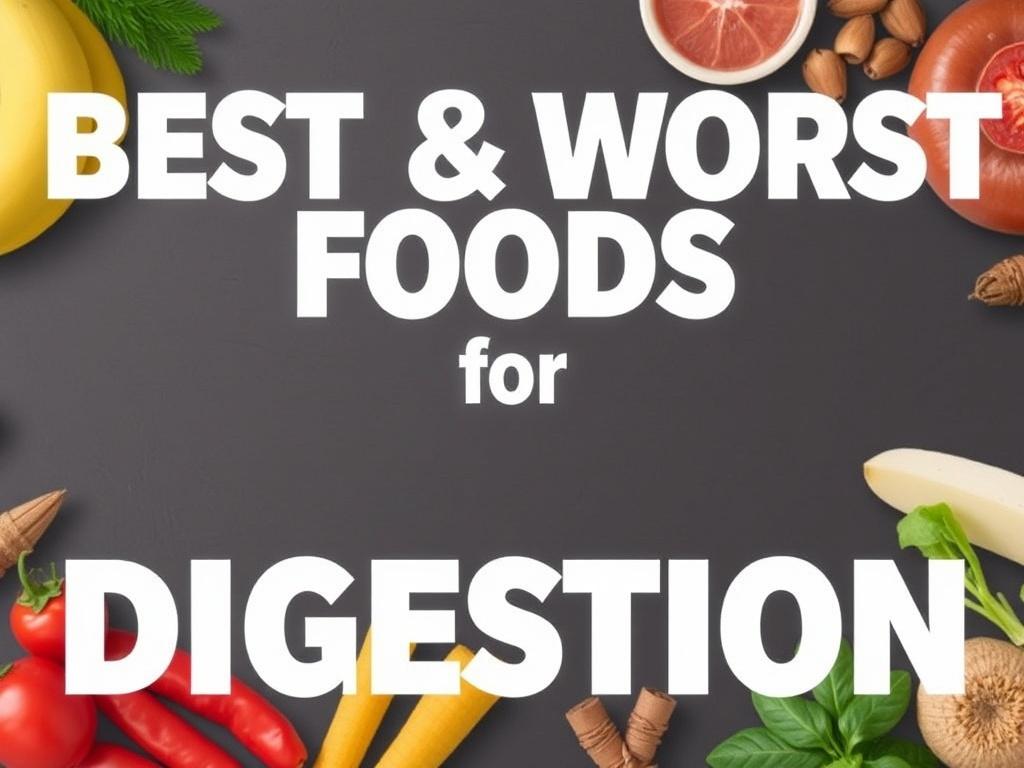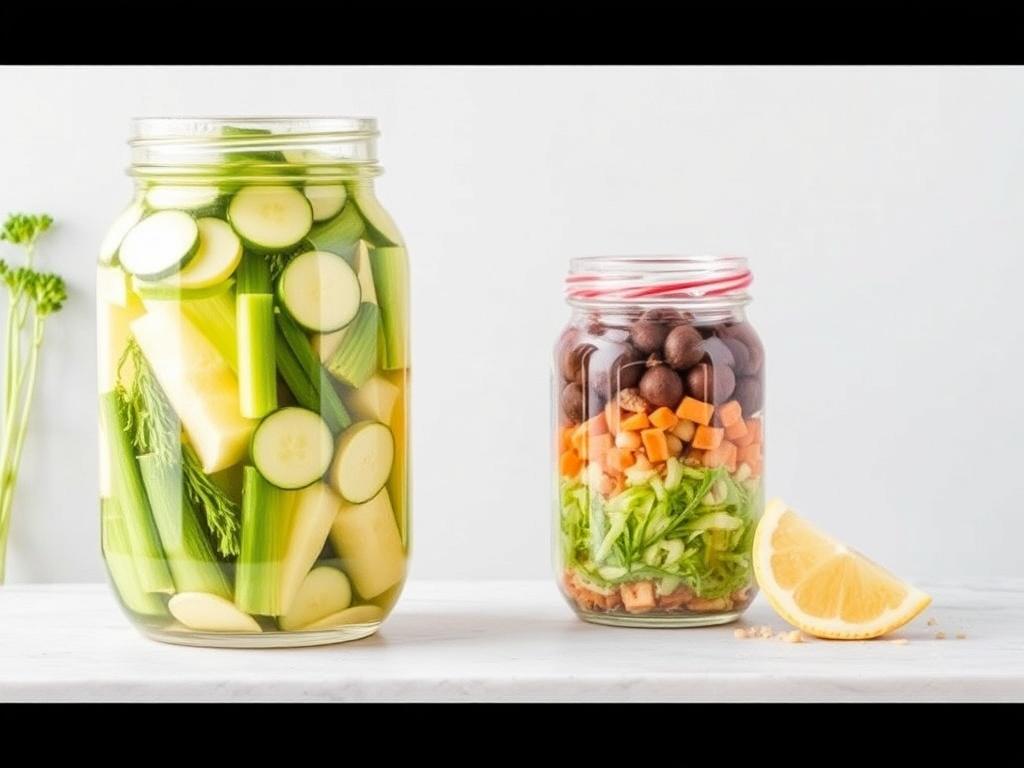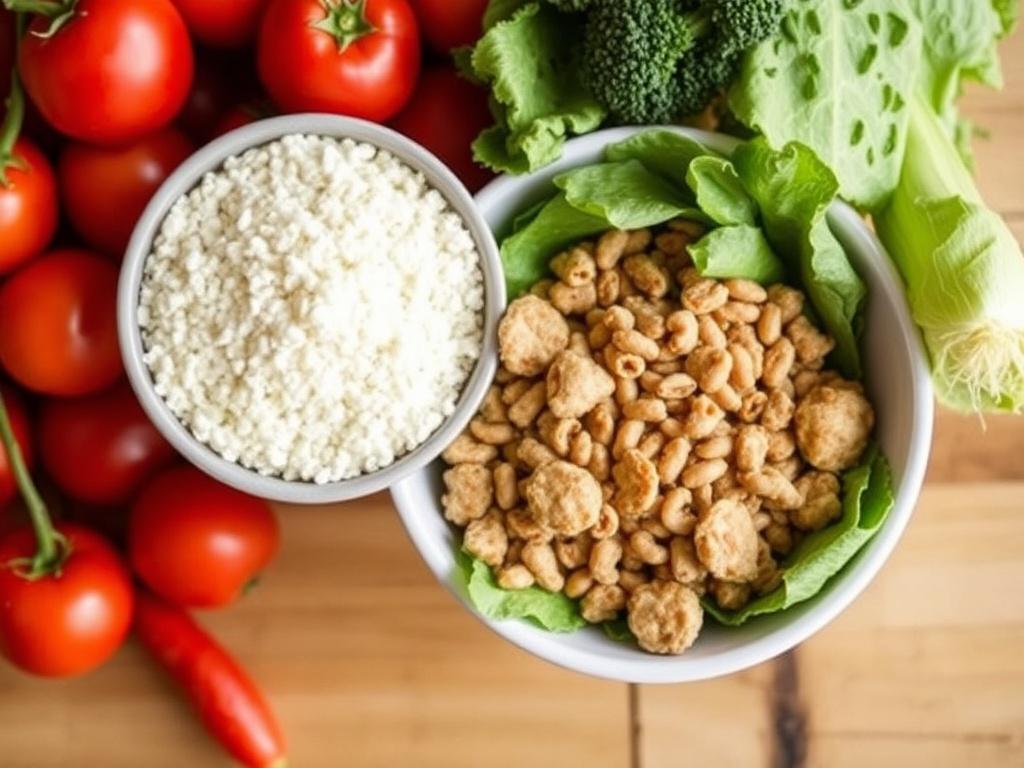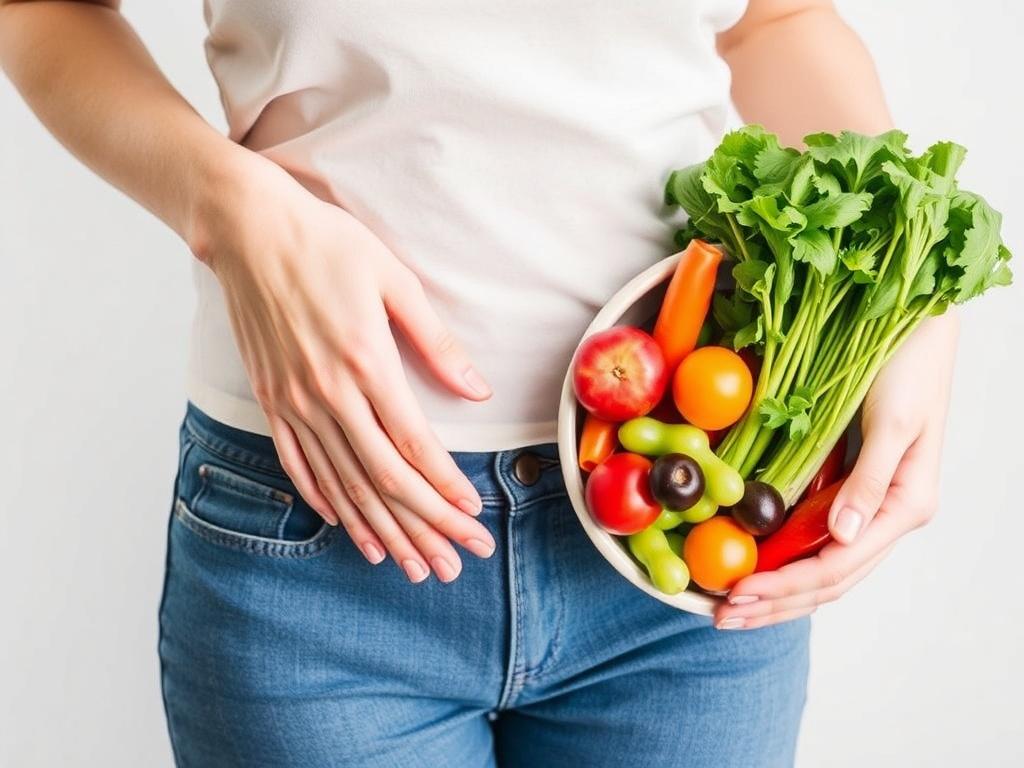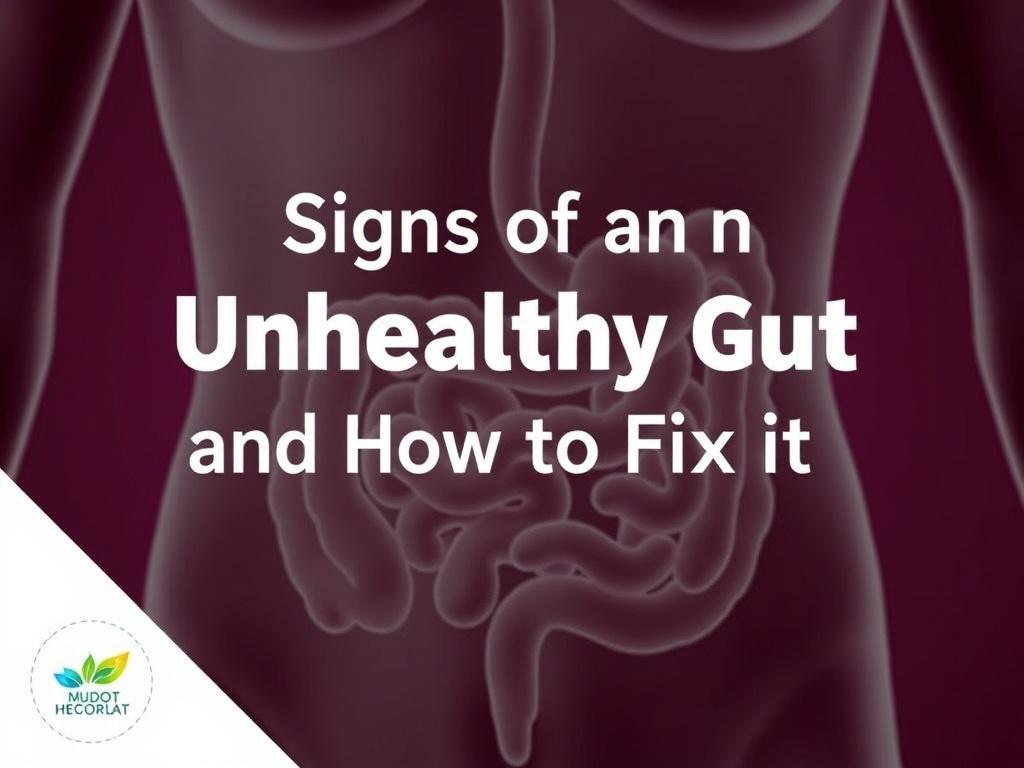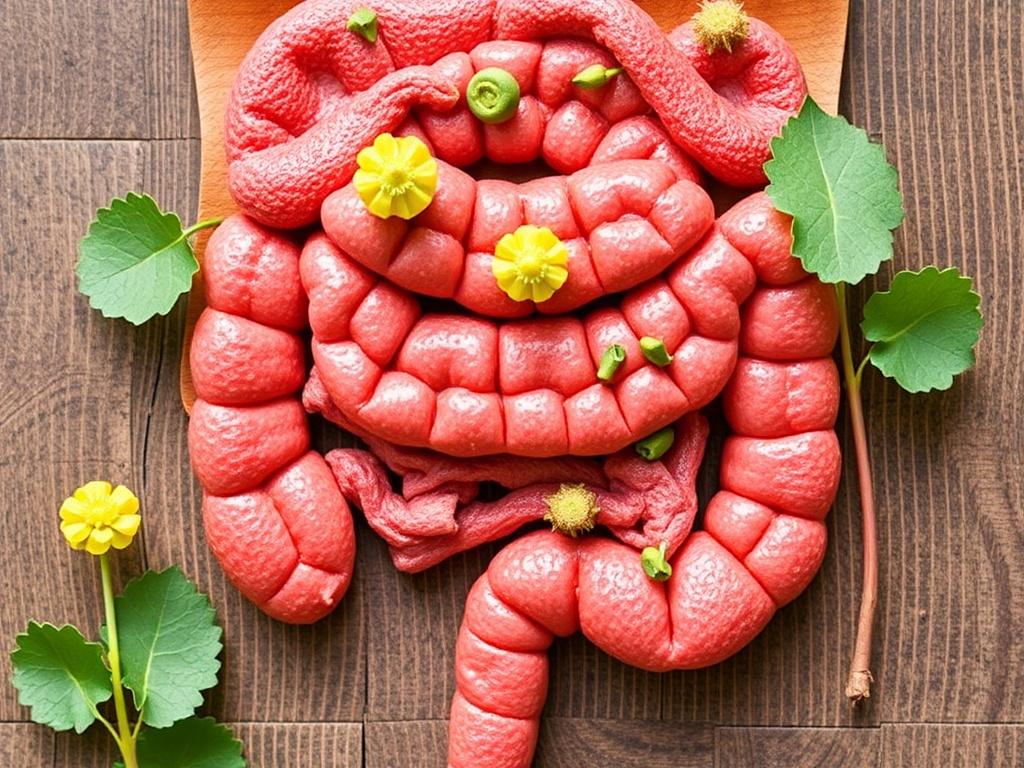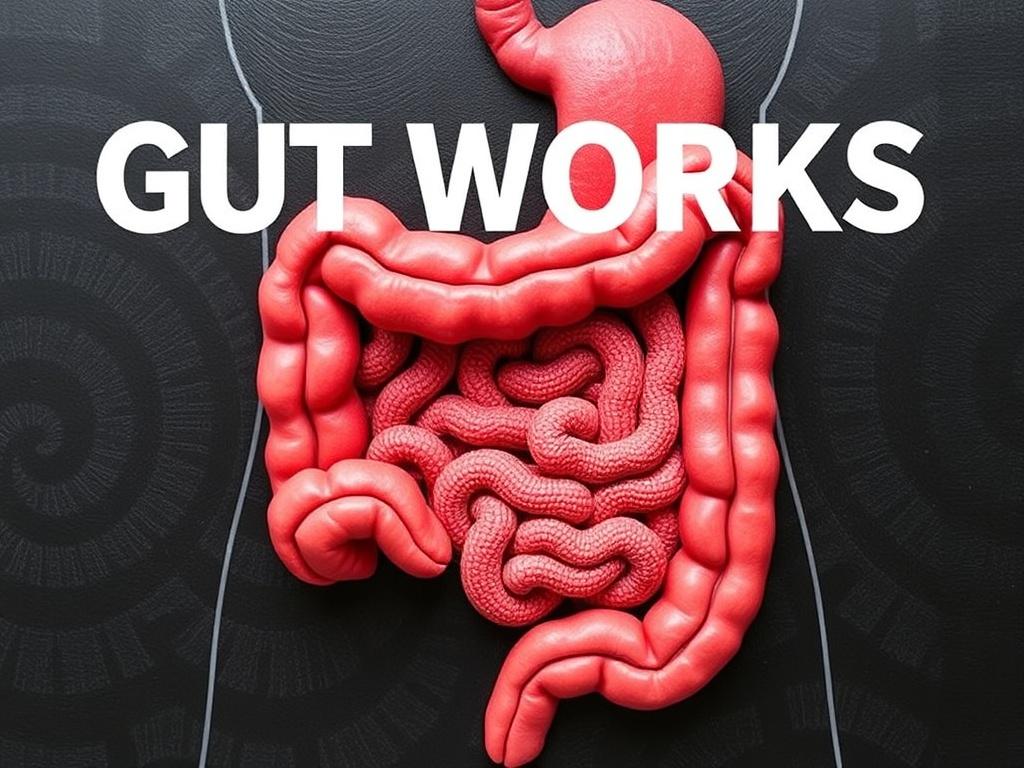Understanding Digestion and Why It Matters
Digestion is a complex and fascinating process that many of us take for granted. When you eat a meal, your body embarks on an intricate journey of breaking down food into nutrients, absorbing them, and then efficiently dispatching waste. Healthy digestion means your system works smoothly, preventing issues like bloating, constipation, heartburn, and discomfort. But digestion isn’t just about comfort—it plays a crucial role in your overall well-being. When your digestive health is on point, your immune system strengthens, your energy levels stabilize, and your mental clarity improves. On the flip side, poor digestion can trigger various health problems and reduce your quality of life. That’s why knowing the best and worst foods for healthy digestion is essential in crafting a diet that supports your gut and makes you feel good from the inside out.
How Food Affects Your Digestive Health
The foods you choose to eat significantly impact how your digestive system functions. Some foods enhance digestion, providing essential fiber, beneficial bacteria, and hydration, while others might disrupt your gut, causing inflammation or sluggishness. Healthy digestion thrives on a balanced intake of nutrients, regular fiber, and adequate fluids. Eating certain irritating or processed foods can slow down digestion, invite harmful bacteria to flourish, and create uncomfortable symptoms like gas, cramps, or diarrhea. Understanding which foods fall into the “best” or “worst” categories is a powerful step toward achieving digestion that’s not just okay but optimized.
Best Foods for Healthy Digestion
Let’s delve into the foods that are champions when it comes to supporting your digestive health. These foods either boost gut flora, provide fiber, or help regulate digestion naturally. Incorporating them into your daily meals can lead to smoother digestion and fewer digestive complaints.
1. High-Fiber Fruits and Vegetables
Fiber is like the fuel for your digestive machine. It adds bulk to your stool and helps food pass through your digestive tract more efficiently. Fruits and vegetables rich in fiber also tend to have high water content, which plays a major role in softening stool.
Some of the best fiber-packed fruits and veggies include:
- Apples (with skin)
- Pears
- Berries (raspberries, blackberries)
- Carrots
- Broccoli
- Spinach
- Sweet potatoes
2. Whole Grains
Whole grains like oats, brown rice, barley, and quinoa are fantastic because they retain their outer bran layer, which is rich in fiber and essential nutrients. They promote regular bowel movements and feed the beneficial bacteria in your gut.
3. Fermented Foods
Fermented foods like yogurt, kefir, sauerkraut, kimchi, and miso contain probiotics, the good bacteria that help balance the gut microbiome. These friendly bacteria help break down food efficiently and can prevent common digestive problems like bloating and gas.
4. Legumes and Beans
Beans, lentils, chickpeas, and peas are loaded with fiber and protein, supporting digestion without spiking blood sugar levels. Though some people find them gassy initially, gradually increasing their intake allows your guts to adapt and reap the benefits.
5. Nuts and Seeds
Almonds, chia seeds, flaxseeds, and walnuts provide a healthy dose of fiber, healthy fats, and nutrients that nurture digestion and overall gut health. Adding them to your diet promotes regularity and reduces inflammation.
6. Hydrating Fluids
Hydration is vital for digestion because water helps dissolve nutrients and fiber, easing their passage through the digestive tract. Herbal teas, water-rich foods like cucumbers and melons, and simply drinking enough water daily support this process.
Worst Foods for Healthy Digestion
Conversely, some foods can cause digestive distress and disrupt the delicate balance needed for optimal gut health. Being mindful about limiting or avoiding these can make a big difference.
1. Processed and Fried Foods
Processed snacks, fast food, and fried items are often high in unhealthy fats, salt, and artificial additives. These can slow digestion, irritate the gut lining, and trigger heartburn or indigestion.
2. High-Sugar Foods
Sugary treats, sodas, and sweets can upset gut bacteria balance by promoting harmful bacteria growth. Excess sugar can also cause inflammation and contribute to digestive discomfort.
3. Dairy (For Some People)
While yogurt and kefir are beneficial fermented dairy options, some people experience difficulty digesting lactose, the sugar in milk and cheese. This lactose intolerance leads to gas, bloating, and diarrhea.
4. Red Meat and Processed Meats
Heavy consumption of red meat and processed meats like sausages strains the digestive tract due to their high fat and low fiber content. They can slow transit time and encourage harmful bacteria growth.
5. Artificial Sweeteners and Additives
Sugar substitutes and food additives often found in low-calorie snacks may contribute to gut discomfort and diarrhea in sensitive individuals.
6. Highly Spiced and Acidic Foods
While some spices are good for health, others like chili, black pepper, and acidic foods like citrus or tomato can exacerbate acid reflux or irritate the stomach lining in certain people.
Digestion-Friendly Food Chart
To make choosing easy, here’s a quick reference chart listing some of the best and worst foods for healthy digestion.
| Category | Best Foods | Worst Foods |
|---|---|---|
| Fruits | Apples, Berries, Pears | Highly acidic citrus (in sensitive people) |
| Vegetables | Carrots, Broccoli, Spinach | Deep-fried vegetables, pickles with additives |
| Grains | Oats, Brown Rice, Quinoa | White bread, refined flour products |
| Proteins | Legumes, Nuts, Fish | Red meat, processed sausages |
| Dairy | Yogurt, Kefir | Milk (for lactose intolerant) |
| Others | Herbal teas, water | Artificial sweeteners, soda |
Tips for Enhancing Digestive Health Through Your Diet
Simply knowing which foods are best or worst doesn’t guarantee good digestion. It’s also about how you eat and your overall lifestyle habits. Here are some practical tips:
- Eat Mindfully: Chew your food thoroughly to ease the workload on your digestive system.
- Stay Hydrated: Drink plenty of water throughout the day to help fiber work better.
- Moderate Portions: Smaller, more frequent meals can prevent overloading the digestive tract.
- Include Probiotics: Regularly consume fermented foods or supplements to maintain gut bacterial balance.
- Limit Processed Foods: Cut back on fried and processed items that can hamper digestion.
- Exercise Regularly: Physical activity boosts digestion and gut motility.
Common Digestive Problems Related to Poor Food Choices
Poor dietary habits can lead to a host of digestive issues. Understanding these problems can help you see why choosing the best foods for healthy digestion matters.
1. Constipation
Low fiber intake and inadequate fluids often cause constipation, making bowel movements hard and infrequent.
2. Acid Reflux and Heartburn
Spicy, acidic, and fatty foods can relax the lower esophageal sphincter, causing stomach acid to come back up the esophagus, leading to discomfort.
3. Irritable Bowel Syndrome (IBS)
Some foods can trigger IBS symptoms like bloating, diarrhea, and abdominal pain. Common triggers include high FODMAP foods, dairy, and greasy meals.
4. Lactose Intolerance
Dairy products can cause symptoms in people who lack the enzyme lactase, leading to gas and diarrhea.
5. Gut Dysbiosis
An imbalance in gut bacteria caused by poor diet can result in inflammation and digestive distress.
How to Build a Digestion-Friendly Meal Plan
Creating meals that support healthy digestion doesn’t have to be complicated. Here’s a simple approach using the best foods listed earlier.
Sample Day Menu for Healthy Digestion
- Breakfast: Oatmeal topped with fresh berries, a tablespoon of flaxseeds, and a dollop of plain yogurt.
- Snack: A small handful of almonds and an apple.
- Lunch: Quinoa salad with mixed greens, chickpeas, carrots, and a lemon-tahini dressing.
- Snack: Carrot sticks with hummus and a cup of herbal tea.
- Dinner: Grilled salmon with steamed broccoli and sweet potato mash.
Foods to Limit
Try to minimize fried foods, large portions of red meat, sugary snacks, and acidic drinks like soda or citrus juices, especially close to bedtime.
The Role of Fiber in Digestion: Soluble vs Insoluble
Fiber isn’t just fiber—there are two main types that play different but complementary roles in digestion:
| Type of Fiber | Role in Digestion | Food Sources |
|---|---|---|
| Soluble Fiber | Dissolves in water to form a gel-like substance, slows digestion, and promotes healthy gut bacteria. | Oats, apples, berries, beans |
| Insoluble Fiber | Adds bulk to stool, speeds up the passage of food, prevents constipation. | Whole grains, nuts, seeds, vegetables like carrots and broccoli |
Including a balance of both types of fiber in your diet is key to maintaining digestion that works well.
Addressing Food Sensitivities and Personal Digestion Needs
Everybody’s digestive system responds differently to foods. It’s important to listen to your body and notice how different foods affect you. For instance, lactose intolerance or gluten sensitivity could require avoiding or limiting certain foods. Keeping a food diary to track what you eat and any digestive symptoms can be very insightful. If issues persist, consulting a healthcare professional specialized in digestive health is a smart move.
Wrapping Up: Simple Habits for Long-Term Digestive Health
Improving your digestion doesn’t require drastic overhauls but rather consistent, smart choices about the foods you eat. Including plenty of fiber from fruits, vegetables, whole grains, legumes, and fermented foods can make a world of difference. Likewise, limiting fried, processed, and sugary foods can prevent many common digestive woes. Hydrating adequately, eating mindfully, and staying active round out a sustainable approach to digestive wellness. Remember, your gut health is foundational to your entire body’s health, so nurturing it with the best foods and habits is an investment that pays off every single day.
Conclusion
Healthy digestion is not just about avoiding discomfort; it’s a vital pillar of overall health that influences everything from energy levels to immune function. By choosing the best foods for healthy digestion—fiber-rich fruits and vegetables, whole grains, fermented foods, and legumes—you can support your gut, optimize nutrient absorption, and prevent common digestive problems. At the same time, steering clear of the worst offenders like processed, fried, sugary, and overly acidic foods helps maintain harmony in your digestive tract. Building simple, digestion-friendly meals and adopting habits such as mindful eating and staying hydrated can transform your gut health and enhance your quality of life. Embrace these dietary guidelines, listen to your body’s signals, and remember that a happy gut is truly the cornerstone of a healthy and vibrant life.
Читайте далее: